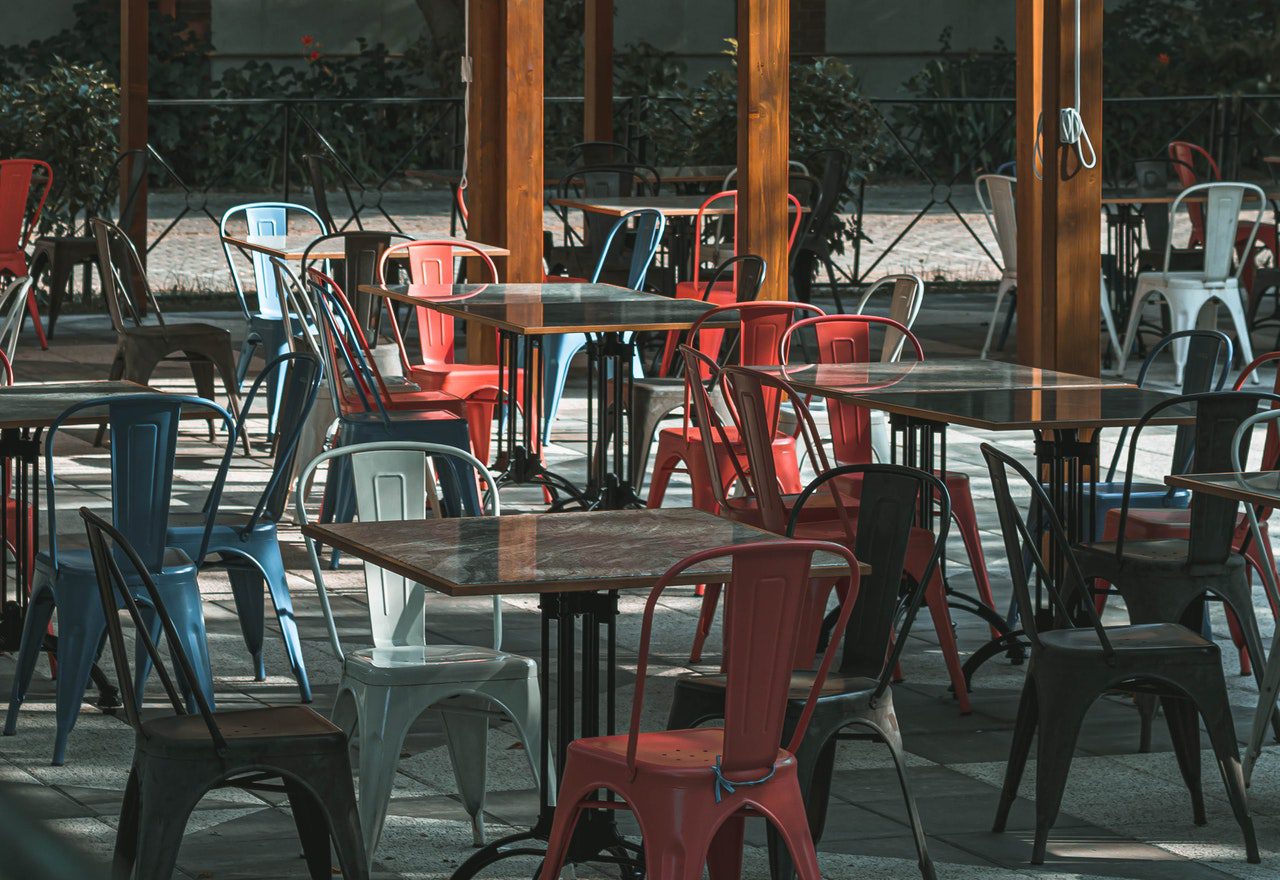Outside dining has become an increasingly common sight, and tourism and catering industry leaders have come out in favour of its encouragement, describing it as a missing piece of Malta’s Mediterranean culture – as long as it is done well.
The onset of the COVID-19 pandemic and the ensuing introduction of social distancing rules, minimum distances between tables, and a waiver on the limits of establishments’ encroachment on public space meant that opportunities for outside dining skyrocketed over the last two years.
Now, some bars and restaurants are finding it hard to let go of the relaxed approach to spatial rules that prevailed during the pandemic, with regular reports of establishments’ attempts to turn the additional footprint from a temporary concession to a permanent fixture.
With multiple complaints being filed by residents and visitors alike, however, the situation has been described by prominent environmental lawyer Claire Bonello as “utter lawlessness”, with recent weeks seeing uproar over the take-up of public space by private operations.
Despite their positive outlook on the subject and a shared belief that the al fresco experience contributes to Malta’s tourism, the four industry insiders BusinessNow.mt spoke to also called on the authorities to take action against illegalities, admitting that the lack of regulation was creating what was variably descried as “an ugly hotchpotch” and “a jungle”.
Isabelle Debattista, owner of the popular Fat Harry’s Pub which has branches in St Paul’s Bay and Valletta, and which has outdoor seating in a pedestrian area, says that as long as neighbours are respected and the setup is well-organised, outside dining adds a lot to the local culture and improves Malta’s tourism product.

She says that the long hours people spend working – typically indoors – makes grabbing a drink or a bite in the fresh air an attractive prospect for many: “People work and have to stay indoors most of the time, so on their time off, they look for the outdoors.”
Ms Debattista argues that public dining is prevalent in many other countries, especially those in the Mediterranean region, describing it as part of the regional culture.
However, she admits that the current situation leaves much to be desired in terms of both organisation and aesthetics, and says that permission ought to be obtained from the Planning Authority, and not simply the local council, the Lands Department, or Transport Malta, depending on where the encroached space is.
“We need to look holistically at making the country more beautiful,” she reflects, adding that umbrellas are preferrable to enclosed canopies so as to “show respect to the space allocated”.
As for the temporary permission granted to bars and restaurants to extend their outdoor during the pandemic, Mr Debattista says: “Thing have returned to normal now. Any permits for extensions should be revoked – people’s shouldn’t abuse and extend tables beyond the space they are given.”
Tony Zahra, president of the Malta Hotels and Restaurants Association, is also critical of the unregulated proliferation of canopies and covers seen on many streets in tourist areas.

“Before,” he says, “you could not have a cover over a pavement. Now, thanks to the lack of a policy, everybody did whatever they liked, putting up all kinds of different covers. And we have finished off with a hotchpotch.”
Meanwhile, Matthew Pace, deputy president of the Association of Catering Establishments, took a more ambivalent view, and pointed to the pandemic as an experience that accelerated a “growing global trend towards al fresco dining”.

“People want to dine outdoors,” he says, “and COVID-19 further increased the desire for outdoor dining. Not to mention that our climate makes the enjoyment of our great sunshine and seaside breeze more of a necessity.”
Deputy president and head for tourism affairs within the Chamber of SMEs Philip Fenech, admits there has been abuse of the tolerance towards bars and restaurants to extend their footprint further than their licence allows, although he is also quick to point out that this reflects customers’ desire for an al fresco experience.
“Before the pandemic, efforts were made to increase outside dining space, which made perfect sense when considering our Mediterranean culture. Tourists, especially from northern, colder countries, look for sun, fresh air, and the ambiance created in these areas,” he says. “Not to mention the locals!”
Mr Fenech argues that this trend needs to be encouraged while ensuring that the proper safety parameters are followed – “You can’t have tables too close to busy roads!” – in acknowledgement of the fact that it leads to benefits for health, business, and the general tourism product.
“Every establishment needs to be assessed on its own merit,” he says. “On how big the pavement is, how much traffic there is, and its immediate neighbours. There cannot be a one-size-fits-all system. Instead, there should be a number of criteria against which each request for encroachment is assessed.”
“There is definitely a need to explore and exploit this phenomenon further,” he concludes. “We cannot have a jungle, but we can’t be so conservative as to stifle opportunity.”
Government introduces mandatory physical inspection for vintage vehicle classification
From 1st September 2025, vehicles seeking vintage status must undergo a physical inspection by the official classification committee
Local filmmakers paid just €250 to screen at Mediterrane Film
The figure stands in stark contrast to the estimated €5 million total spend
Malta International Airport closes in on one million passengers in June
Meanwhile, aircraft traffic movement rose by 4.5 per cent year on year






